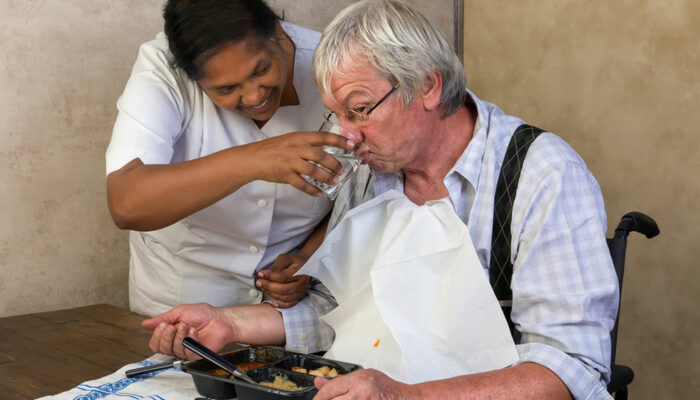
Things you need to know about colon cancer
Cancer that occurs in the last section of the large intestine, i.e. the colon, is termed as colon cancer. Also known as colorectal cancer, it can be prevented easily and has high chances of getting cured if it gets detected at a very early stage. It begins with the growth of tumors in the large intestine and has been found to be one of the most common kinds of cancers that occur in the country.
Symptoms of colon cancer
Although early indications of colon cancer are quite rare, given below are some of the most common indications that one needs to watch out for, especially if they are at risk of developing the condition.
- Bloody stools or bleeding from the rectum
- Pain in the abdomen sometimes along with cramping, gas, or even bloating
- Pain while passing stools
- Tiredness and severe fatigue
- Narrow or even loose stools
- Low levels of hemoglobin
- IBS
- Frequent urges to pass stools
- Diarrhea or irregular constipation
- Altering consistency of stools.
Diagnosis
An individual experiencing the above-mentioned indications is advised to see a physician at the earliest. To be able to accurately diagnose cancer, doctors advise a number of tests such as:
- A complete physical examination as well as a report of their medical history in detail.
- A series of blood tests.
- A colonoscopy that helps to examine the complete colon in detail with the aid of a thin and long tube which is flexible and has a camera attached to it.
- If they find any tumors or growths in the lining of the colon, the affected tissues or cells are removed and sent for biopsy to check whether it is cancerous or not.
Staging
In order to diagnose the stage of colon cancer, the below-mentioned tests are recommended to an individual.
- CT scan: This is actually an X-ray test that helps the doctor to scan the body thoroughly in order to detect recurrent or new tumors.
- PET Scan: This is a kind of imaging test that is conducted with a special kind of dye with radioactive tracers.
- MRI: Another test that is ideal to capture images of structures and organs inside your system, it is useful to detect whether the cancer has spread to other areas.
- Ultrasound of the abdomen: This is yet another scan that is done over the stomach to check whether the tumor has spread to the pancreas, gall bladder, or anywhere else in the nearby areas.
Treatment
The treatment depends on which stage cancer has progressed to. It also depends to a huge extent on the health, age, and typical characteristics of the patient. Although a single treatment option for colon cancer does not exist, the most common treatments include radiation, chemotherapy and surgery.
Surgery
The surgery that is conducted in order to get rid of the entire colon or a part of it is termed as colectomy. In certain cases, they also get rid of the lymph nodes surrounding the area infected by cancer. The part of the colon that is unaffected is normally attached back to the victim’s rectum or stoma according to the extent of colectomy that has been performed.




